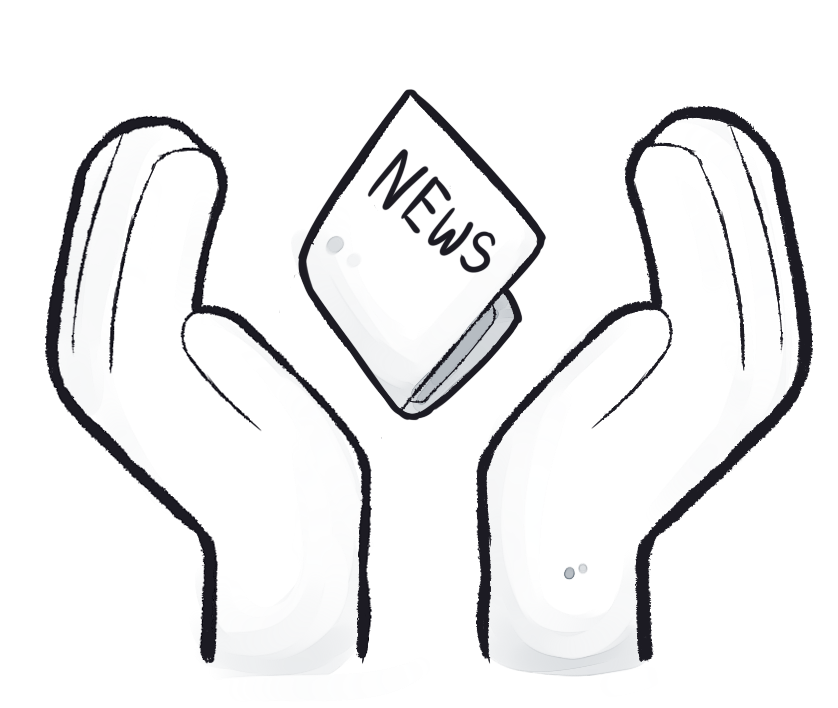In a recent legal battle between VICE News and the RCMP, an Ontario court determined that a VICE reporter must divulge the contents of digital communications between himself and Farah Shirdon to the RCMP. Shirdon, an Islamic State fighter, was charged in absentia with six terrorism-related offences on Sept. 24, 2015, and the RCMP requested the communications in order to conduct an investigation into these offences.
VICE rightly opposed the request as it directly undermines the ability of media organizations to maintain imperative confidentiality for their sources, and turning over these digital communications would break the assumed agreement and trust between the journalist in question and his source. More than that, though, the order threatens independent press itself: how legitimate and “free” can the media be if government and judicial bodies are lurking in the newsroom, quietly controlling what can and can’t be published?
Unlike the U.S. and the UK, just to name a few, Canada has no laws protecting journalists from disclosing confidential sources. If VICE fails in its appeal against the decision, and is forced to turn over these communications, precedent will be set for other law and government agencies to exercise that ability in the future. Indeed, the Canadian Revenue Agency has already pressured the CBC to turn over data they’ve accumulated regarding the Panama Papers. The CBC has denied the request, citing the same principles of journalistic privilege as VICE, but could be preparing for a similar and futile legal battle.
Some might argue that the benefit to public safety outweighs the principles of confidentiality in a case like this, where the subject in question is a member of a terrorist organization and made explicit threats to those on American soil. But the role of media agencies in protecting public safety is not to chase and punish wrongdoers; it’s to responsibly inform the public of the realities of their world. Their ability to do so depends on their operating free from political interference, and the threat to sources that government bodies can pose. Presenting the unbiased story and illuminating even the uncomfortable truth is the best way to foster understanding between peoples, and in the long run, is a far more powerful tool for disarmament than strictly punitive measures will ever be.
Additionally, opening up government access to sources doesn’t just punish the bad guys, but opens the door for oppression of all sorts, and could prove particularly problematic for those whistleblowing on governmental shenanigans. The power of the press resides in its ability to extract information and relay it to the world; letting anyone impede the process, duly elected or no, well-intentioned or no, limits the strength and value of the media as the fourth estate.
It’s not known yet if VICE will appeal the ruling, but ideally they should. Protection for journalists to do their jobs free from interference is something that needs to be fought for tooth and nail. After all, in a world awash with misinformation, the power of the presses is more important than ever, and any erosion risks total dissolution.








